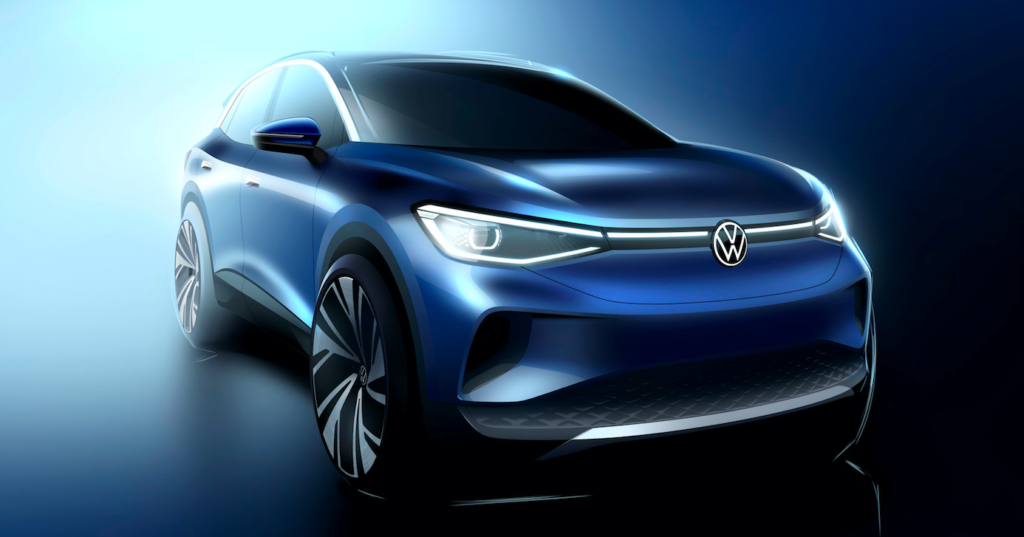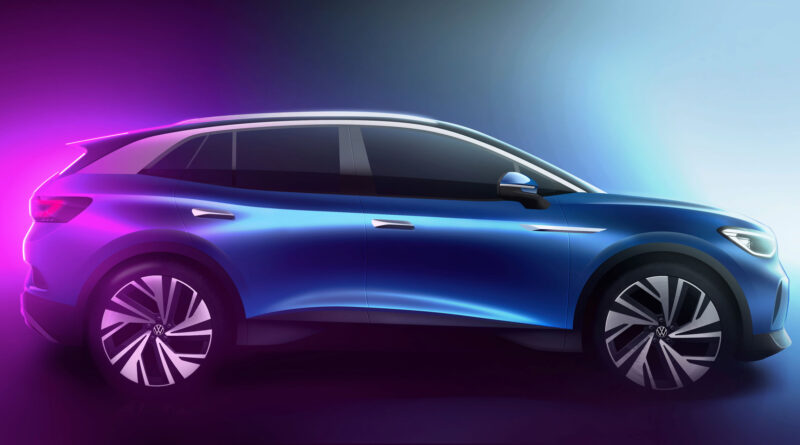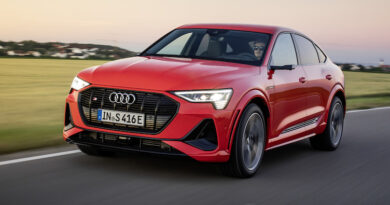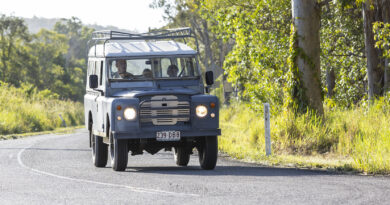Volkswagen vows to overtake Tesla on tech and production by 2023
Volkswagen says it will have caught rival Tesla on both production volumes and technology by 2023, or earlier, as the brand continues its multi-billion-dollar push into the electric-vehicle space.
VW is targeting an EV output of as many as 1.5 million cars per annum within the next three years, aiming to match or exceed what it says is Tesla’s touted manufacturing capacity.
The brand hasn’t ruled out turning over at least part of its biggest manufacturing facility in Wolfsburg, Germany – capable of producing 3500 cars a day – to electric vehicles, should demand increase.
“If Tesla sets up three factories where 300,000 to 500,000 cars can be produced, then we are talking about a number of units between 900,000 and 1.5 million. We want to achieve the same in 2023, probably even earlier,” Volkswagen’s employee representative, Bernd Osterloh, told German newspaper Welt am Sonntag.
“There is of course the possibility of converting the Wolfsburg site to electric cars. If the number of combustion engines drops sharply, then we as the works council will demand that we also manufacture a battery-powered vehicle there.”
The comments come as VW prepares to officially pull the covers off its ID.4 crossover EV, which will be revealed in full on September 23, with overseas deliveries commencing in late 2020 or early 2021. The earliest the ID.4 will arrive in Australia is 2022.

That vehicle shares its modular MEB platform with the ID.3 hatch and recently-unveiled Skoda Enyaq iV.
It’s that versatile architecture that Volkswagen sees as its key advantage, given the brand can “build any vehicle of any brand on it”.
VW has also set up an engineering taskforce, codenamed Artemis, with the almost sole purpose of chasing down Tesla’s lead on technology and software. And that, too, is a target Osterloh is confident of hitting.
“Their (Tesla’s) advantage is that they already have their software in the cars and use it to collect data,” he says. “But if we get our system into our cars, we will have much more data within a short time.”
For its part, Tesla will soon cut the ribbon on its new Gigafactory in Berlin, which will be used to produce an updated version of the Model Y, and could also be used for battery pack and battery cell production, with the facility thought to eventually be capable of producing as many as 500,000 vehicles per year.




